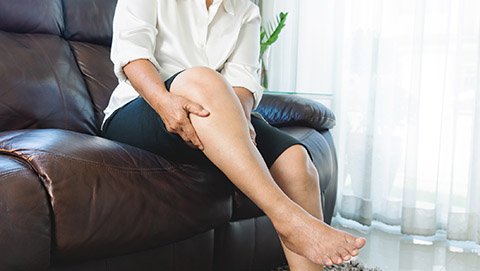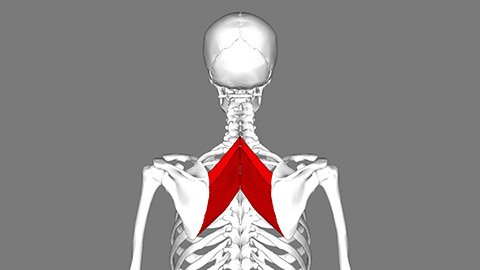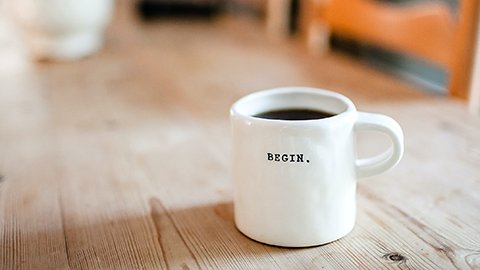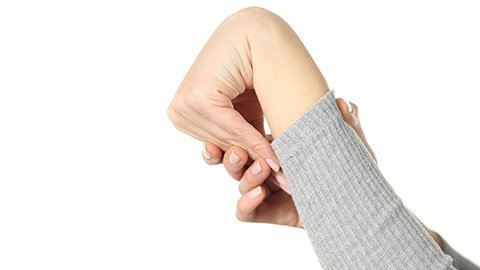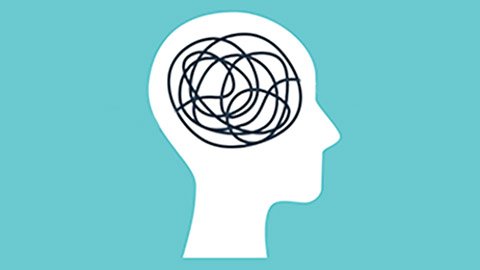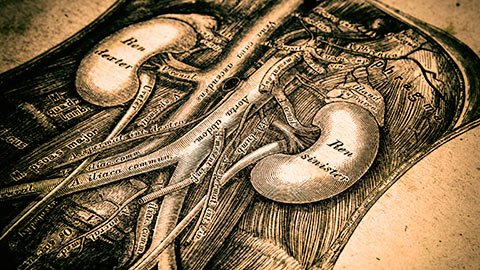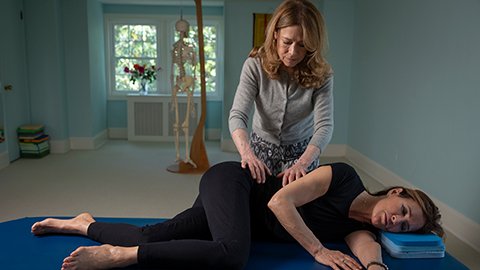
Exploring the issues and challenges unique to the massage and bodywork community.
Subscribe to The ABMP Podcast in the Apple Podcasts YouTube Music, Spotify, or wherever you access your favorite podcasts, or click on an episode below to listen online.
Send questions, topic ideas, and guest recommendations to podcast@abmp.com, and we may answer your question on a future podcast.


